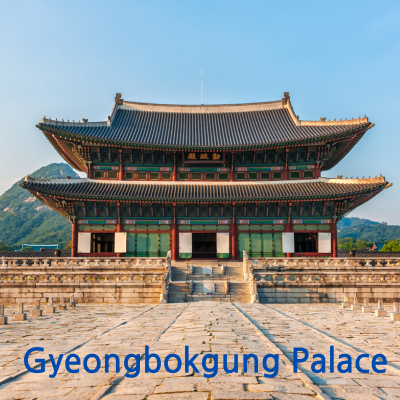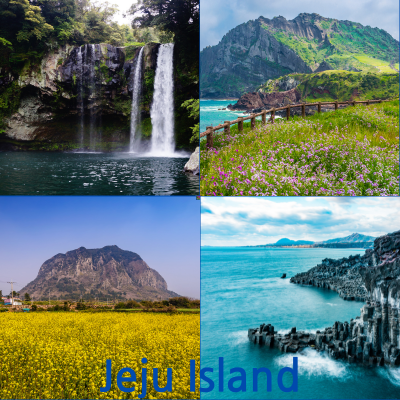10 Historic Places in Korea

- Gyeongbokgung Palace : One of the major royal palaces of the Joseon Dynasty located in Seoul. It offers a glimpse of the beauty of traditional Korean architecture with major architecture such as Gwanghwamun and Geunjeongjeon.
- Changdeokgung Palace: Designated a UNESCO World Heritage Site, the palace is famous for its harmonious harmony with nature, especially its monument (or backyard), which showcases traditional Korean garden designs
- Hanyang Wall, Hanyang Wall : An ancient fortress wall surrounding Seoul offers a glimpse of the city’s historical changes and developments. Parts of the wall are walkable and offer an open view of the capital.
- Jongmyo Shrine: A place to remember kings and queens of the Joseon Dynasty, it was designated a UNESCO World Heritage Site. It is famous for its traditional royal Confucian rituals and music, Jongmyo Jeryeak.
- Haedong Yonggung Temple in Busan: This unique temple is set against the backdrop of the sea, so you can enjoy a peaceful atmosphere and beautiful coastal views, making it a must-visit place.
- Gyeongju : Known as the ‘Museum without Walls’, Gyeongju was the capital of Silla and is full of historical sites such as Bulguksa Temple, Seokguram Rock, and Cheonmachong, providing a deep understanding of Korea’s ancient history.
- Andong Hahoe Village: a UNESCO World Heritage Site with well-preserved traditional village arrangements and lifestyles during the Joseon Dynasty. It is famous for its mask dance performances.
- Suwon Hwaseong: It is a UNESCO World Heritage Site representing military architecture and urban planning in the 18th century. It was built using state-of-the-art technology at the time.
- Jeju Island Seongsan Ilchulbong : Tuffian volcano on the eastern edge of Jeju Island, which is known for its beautiful sunrise. The surrounding area is also famous for its natural beauty.
- 10. DMZ: The DMZ is a land that acts as a buffer zone between the two Koreas across the Korean Peninsula. It is an important place with historical, political, and ecological interests that provide a unique perspective on the tension and hope for peace on the Korean Peninsula.

All of the above places are places where you can experience Korean history and culture, which is a must-visit place for foreigners to visit when they visit Korea. Various cultural events and experience programs are provided in each place, so it is recommended to collect information in advance and make a visit plan.